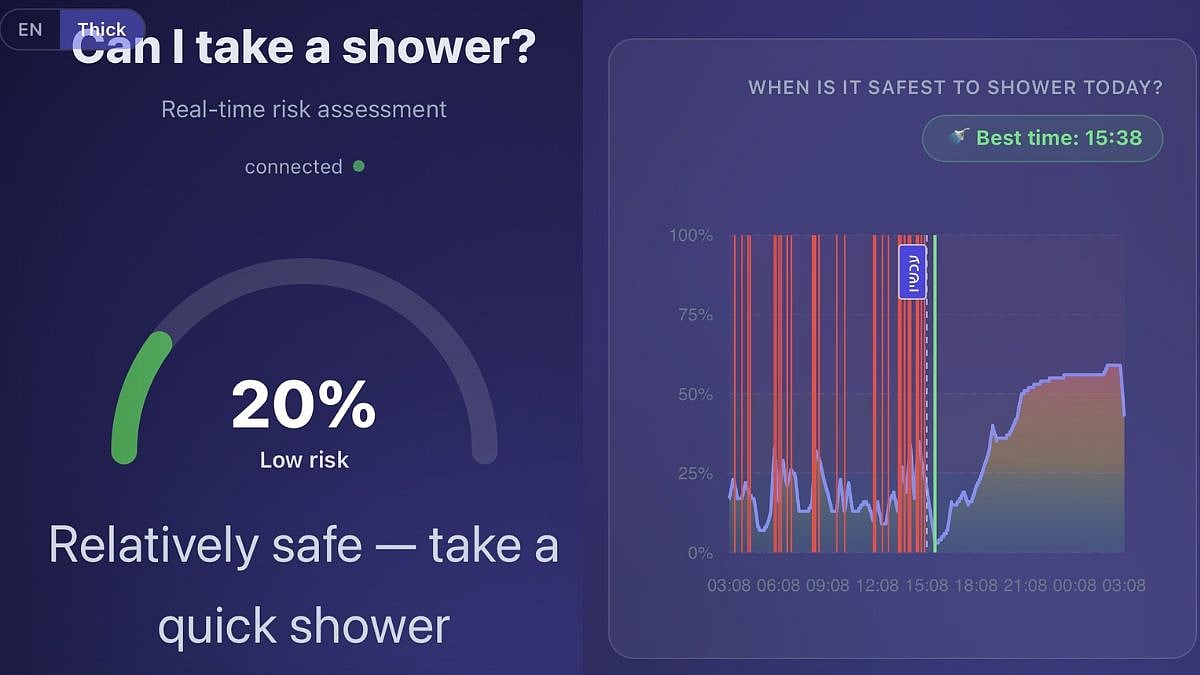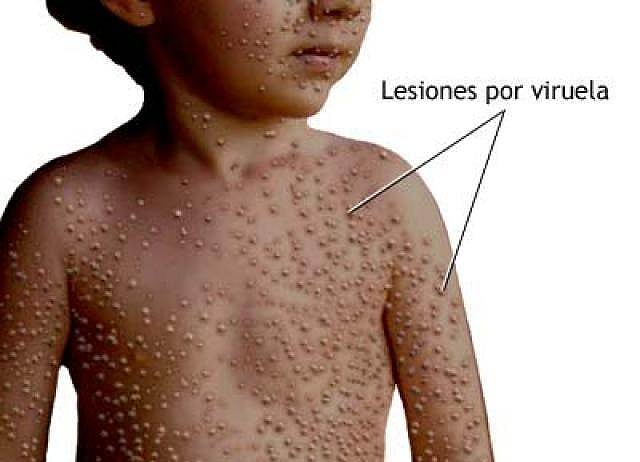Even as COVID-19 has not totally lost its base around the globe, first case of Monkeypox virus has been confirmed in United Kingdom. According to the UK Health Security Agency the patient had recently travelled to Nigeria, where he is believed to have caught the virus before coming to the UK, the BBC reported.
The NHS defines Monkeypox as a rare viral infection from which most people recover in a few weeks.
What is Monkeypox virus?
It is a rare disease caused by infection with Monkeypox virus, according to Centers for Disease Control (CDC) in the United States. Monkeypox virus belongs to the Orthopoxvirus genus in the family Poxviridae. The Orthopoxvirus genus also includes variola virus (which causes smallpox), vaccinia virus (used in the smallpox vaccine), and cowpox virus.
As per World Hhealth Organisation, the zoonotic disease occurs primarily in tropical rainforest areas of Central and West Africa and is occasionally exported to other regions.
While the natural reservoir of monkeypox remains unknown, African rodents and non-human primates (like monkeys) may harbour the virus and infect people, the CDC said.
When was Monkeypox first reported?
It was first discovered in 1958 when two outbreaks of a pox-like disease occurred in colonies of monkeys kept for research, hence the name monkeypox.
The first human case of monkeypox was recorded in 1970 in the Democratic Republic of the Congo (DRC) during a period of intensified effort to eliminate smallpox. Since then, monkeypox has been reported in people in several other central and western African countries.
The UK first recorded the human case in 2018, and since then a handful of cases have been confirmed by health authorities.
Symptoms of Monkeypox virus:
Initial symptoms of monkeypox include fever, headache, muscle aches, backache, swollen lymph nodes, chills and exhaustion.
A rash can develop, often beginning on the face, then spreading to other parts of the body. The rash changes and goes through different stages before finally forming a scab, which later falls off.
According to WHO, skin eruptions are also reported in patients of Monkeypox, which begins within 1-3 days of appearance of fever.
The incubation period (interval from infection to onset of symptoms) of monkeypox is usually from 6 to 13 days but can range from 5 to 21 days, according to the WHO.
How can Monkeypox be treated?
There is currently no specific treatment recommended for Monkeypox, as per the WHO. Vaccination against smallpox is found to be about 85 per cent effective in preventing the disease. It, therefore, recommends prior childhood smallpox vaccination to prevent serious symptoms of Monkeypox.





